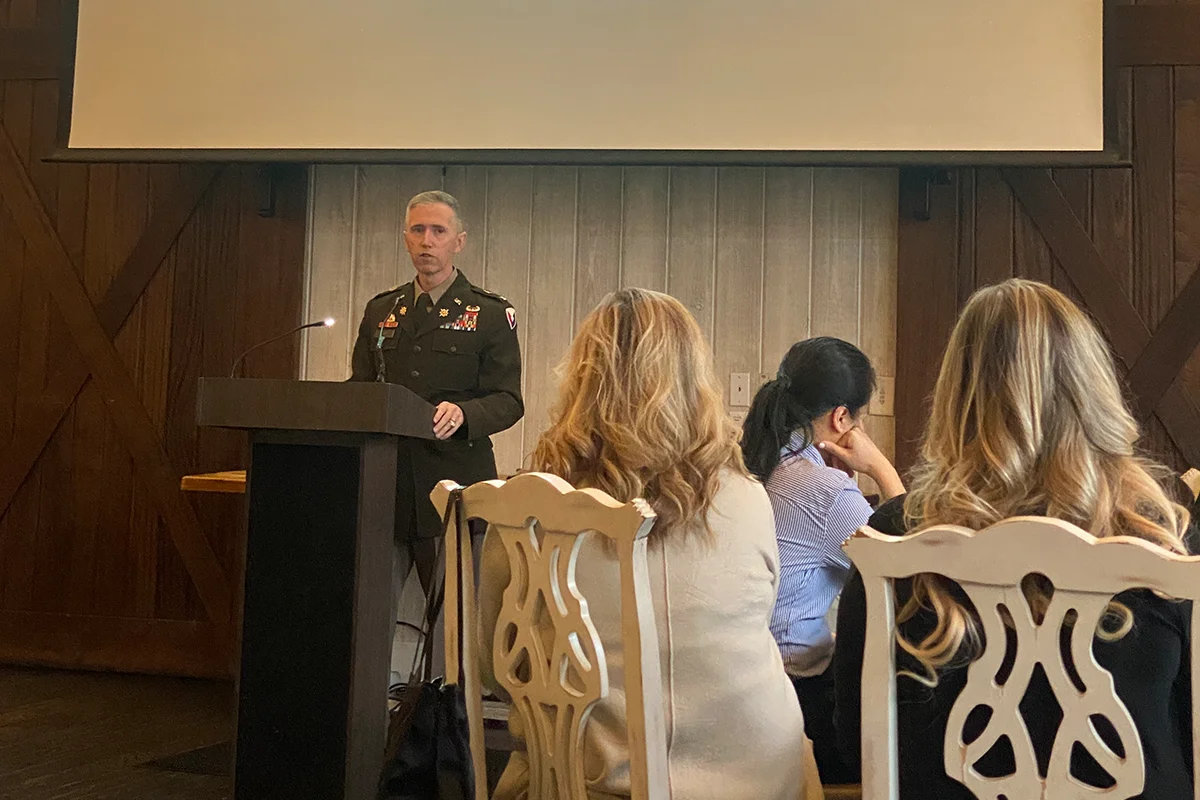Inspector Shortages

Line up those inspections stat.
For the health and safety of a community, no construction or renovation project goes uninspected, and many require multiple inspections from a variety of agencies. Unfortunately, with all of the activity in most jurisdictions, inspectors are very busy—and there are fewer and fewer of them to go around causing a recent inspector shortage. Plus, as the Baby Boomer generation ages, many of the folks in those positions are retiring, and they are not being replaced by younger inspectors. This situation can put both contractors and your projects in a tight pinch. If inspections don’t happen or pass when needed, an entire project can be delayed, which raises costs, affects timelines, and damages reputations.
A good contractor and owner representative anticipates inspection needs and diligently manages how best to secure inspectors well in advance of deadlines. They also ensure the project is actually ready when inspectors show up.
Based on our years of experience across a broad range of project types and locations, here are some ways to mitigate the potential effects of inspector shortages.
The early bird gets the inspection.
In 2014, the International Code Counsel and National Institute of Building Sciences released a report on building inspectors noting that 85 percent of the survey respondents were over the age of 45, 80 percent planned to retire within 15 years and 30 percent would exit the profession in just five. Three years later, that shortage is starting to profoundly affect development and renovation projects—and will continue to pose increasing challenges in the future. To combat the situation, Real Projectives® works with clients to identify all inspections required and by whom, understand how they relate to one another, and forecast when inspections should be and must be required to satisfy the overall project schedule. Armed with that information, the project team can secure the appropriate inspectors at the onset of a project and contractors don’t have to vie with competitors for sign-offs. As with any other limited resource, pre-planning and can significantly alleviate the issue.
Don’t waste an inspector’s time.
Equally important is for the work to be ready to pass inspection when the appointment arises. It is hard enough getting the inspector to the site when needed, so surely you don’t want to have him or her arrive when you’re not ready. Failing an inspection on a technical interpretation is frustrating for all parties, but having an inspector discover that a vendor is not prepared or trying to sneak by only tarnishes the relationship and makes it much more difficult to get that person back. Wasting someone’s valuable and limited time will likely lead to them to prioritize another more organized and professional project the next time. So make sure that your general contractor works with the trades to be prepared for each and every inspection.
You can never contact utility companies too soon.
Related to the inspector shortage problem is the high demand for engineering and on-site work to be performed by utility companies. Utility companies are dealing with similar labor and inspector staffing challenges left over from the recession and escalating retirements. As a result, construction projects that require new or modified utility services can be delayed, causing extra construction costs and postponing revenue as they wait for natural gas, water, sewer, telecommunications, and electricity. We recommend contacting your utility companies as soon as you think you need them and then fairly frequently to ensure they schedule and prioritize the work you need completed to move forward. While unforeseen events like massive power outages or gas line breaks, especially during heavy storm seasons, might create emergencies that push your job down the priority list, you will at least have a contact and be on the utility company’s schedule rather than scrambling at the last minute to complete a construction project and open for business. In many cities, it also pays to engage a utilities consultant, who often was a former utility employee, to facilitate, coordinate and expedite the engineering and installation of each utility.
For more information on how Real Projectives® deals proactively with the myriad risks and challenges of development and construction, please comment below, send us an email or give us an old-fashioned call. And feel free to share our post on social media.


